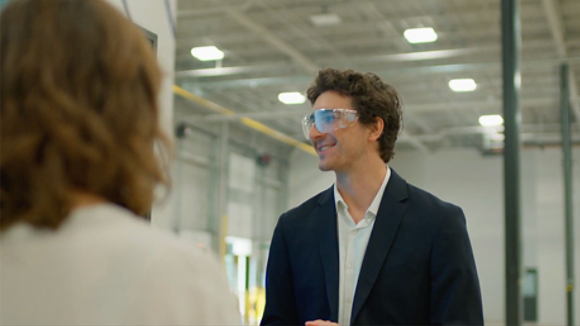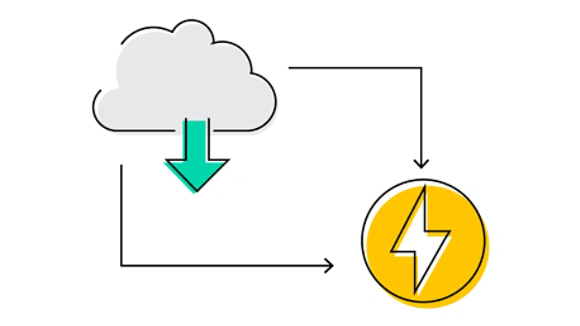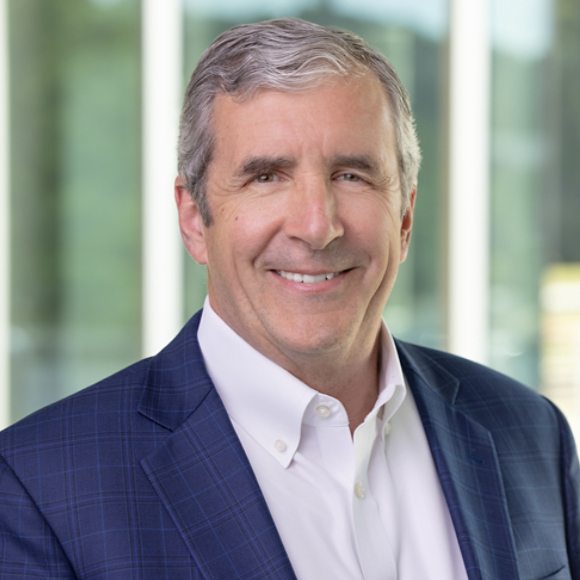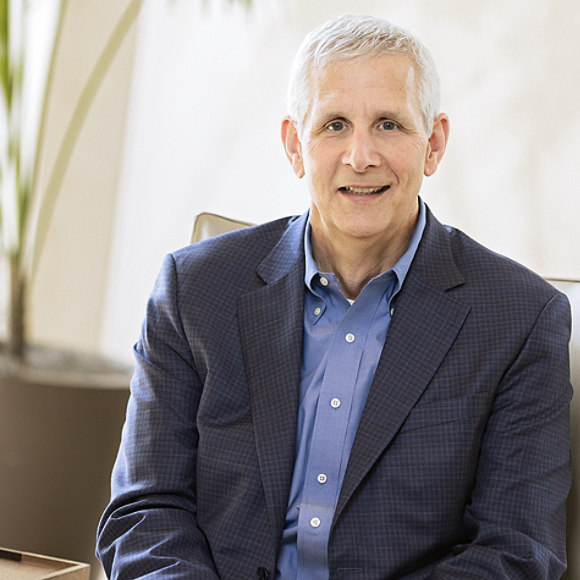October 24, 2025
The ROI of Sustainability: Actionable Insights from Climate Week NYC
At Climate Week NYC, sustainability leaders highlighted how decarbonization can create business value and drive growth.
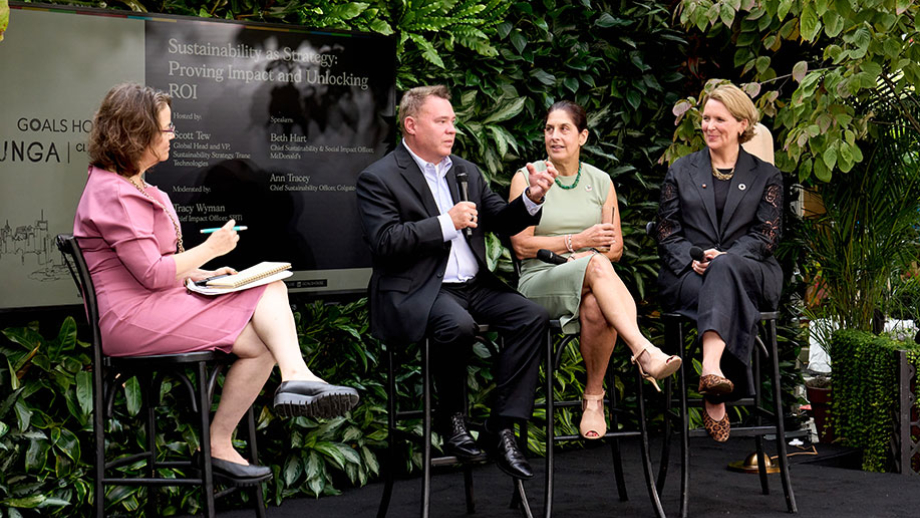
Across Climate Week NYC 2025, leaders from finance, operations, supply chain and technology aligned around a core sustainability playbook: set clear goals, invest in both proven levers and new approaches, measure what matters and share what you learn so others can move faster. When we treat sustainability as a core business strategy, we unlock value and accelerate growth. Below are seven key themes that surfaced during our Climate Week conversations — and how they translate into practical steps organizations can take now to create business value.
1. Sustainability is strategy — and it maximizes ROI
At Climate Week NYC the message was clear — sustainability is not an add-on; it’s an operational strategy that generates strong returns. Participants emphasized ROI proof points like measurable efficiency gains, lower energy spend, risk reduction and resilient operations. As our CEO Dave Regnery says: “Just because it's sustainable doesn't mean it costs more.”
Clear business cases that tie decarbonization to cash flow, risk reduction and asset value generate better sustainability outcomes. At Trane Technologies, we see this play out with our own customers: organizations that electrify, optimize with AI-powered digital solutions and eliminate energy waste are seeing lower operating costs, improved asset performance and stronger resilience.
2. Every role is a sustainability role
The CFO has entered the room — alongside operations, legal and supply chain. Successful organizations are treating decarbonization as an enterprise-wide endeavor, not a silo. The Chief Sustainability Officer role has evolved, too: This crucial function encompasses both business leader and strategist, while often orchestrating execution and reporting. And the board plays a critical role in translating oversight into action. Educated and informed directors create an environment of accountability for sustainability goals.
Across our own organization, we see the impact of this cross-functional sustainability focus daily. Decisions get better and outcomes improve when multiple disciplines are at the table. And the flywheel effect builds when teams leverage sustainability wins to generate more momentum.
3. Counting what counts — the new math of sustainability
Traditional ROI models can miss the full value of decarbonization. Climate Week conversations emphasized a broader equation that includes reduced energy waste, resilience, market differentiation, compliance readiness, risk management and reputation.
The takeaway for leaders is to expand the valuation lens. The new sustainability equation integrates resilience, operational confidence and reputational benefits into the sustainability calculus. Add the financial impact of customer preference and talent attraction for companies that can show verified progress, and sustainability investments move from “nice to have” to “must do.”
The takeaway for leaders is to expand the valuation lens.

4. Sustainability is a team sport — share to scale
A powerful theme was collaboration over competition around sustainability challenges. Early movers are sharing technologies and approaches so others can follow more quickly. That waterfall effect is how markets transform.
What does that look like in practice? Publishing playbooks and performance data. Structuring pilots so that outcomes are transparent. Partnering with others to align incentive structures. The impact is powerful — when one organization de-risks a climate solution, others can quickly follow, accelerating market transformation and driving growth.
5. The power of procurement: catalyze a low-carbon value chain
Climate Week participants highlighted that procurement is one of the fastest ways to drive outcomes. Setting clear specifications for alternative materials, energy performance, embodied carbon and circularity outcomes can shift entire value chains. That change rewrites decarbonization incentives, helping scale lower-carbon materials and manufacturing practices.
Within our own business, we are seeing customers incorporate decarbonization targets into their buying decisions — not just purchase price. And through our own purchasing, we’re designing for circularity practices that integrate low carbon materials at the design stage, transforming purchasing power into a lever for innovation and decarbonization.

Trane Technologies' Chief Digital Officer Riaz Raihan outlines his case on how artificial intelligence is reshaping climate solutions, data-driven insights and sustainable innovation during a debate at Horizons hosted by Deloitte.

Circularity Leader Jenelle Shapiro leads a breakout group at Unlocking Sustainability ROI at Goals House.

Donny Simmons, Group President of the Americas for Trane Technologies, in conversation with Helen Clarkson, CEO of the Climate Group about unlocking the ROI of sustainability.

Holly Paeper, President of Commercial HVAC Americas for Trane Technologies, in conversation with Chris Wellise, VP of Sustainability for Equinix and Jeff Young, Environment and Sustainability Editor for Newsweek at Climate Group about the role of climate tech in the data economy.
6. New business models that create value at every stage
Conversations also highlighted how sustainability can inspire new business models that impact every part of the value chain. From circularity practices that unlock value, to AI and advanced controls that optimize when and how equipment runs, the results generate better business and climate outcomes.
AI-enabled controls are a prime example. When systems know when and how best to run, they can automatically shift loads, increase efficiency and improve reliability while lowering emissions. Circularity practices — like designing for longer life and refurbishment — keep materials in use and reduce environmental impact. These are pragmatic, proven approaches that compound value over time. And they’re just the beginning, as the sustainability conversation shifts from reducing emissions, to redesigning business models to decarbonize and deliver growth.
7. Climate tech is advancing the AI economy — and making energy smarter
As AI development accelerates, data centers are becoming both essential infrastructure and significant sources of wasted energy in the form of heat. The right technology can capture and repurpose that heat for communities, providing energy for nearby facilities like schools and homes, while strengthening grid resilience. At the same time, AI-enabled controls are optimizing the very resource AI depends on — energy — by improving how heating and cooling systems run, and equipping teams with intelligent tools to reduce energy waste.
The big picture: the quickest wins in autonomous decarbonization in the high-tech sector will come from eliminating energy waste through efficient thermal management, and then meeting the need that remains with cleaner, intelligent systems.
From New York to next steps
The prevailing tone throughout Climate Week NYC was pragmatic optimism — progress over perfection. The true value of the week was not the number of panels or the breadth of the guest list. It was the collective momentum to act with practical solutions that deliver results and drive growth. Climate Week reminds us that sustainability leadership is built through repetition. Plan, pilot, prove, scale. That is how we turn sustainability strategy into outcomes that drive growth.
At Trane Technologies, we will keep advancing efficient, electrified and digital solutions that help customers reduce their carbon impacts and strengthen their operations. The stakes are high, and the opportunity is real. As we return to our daily routines after the energy and vibrant conversations of Climate Week, let’s keep the momentum moving. Join us as we continue delivering both decarbonization and business value, one step at a time.
Topic Tags

 English
English

